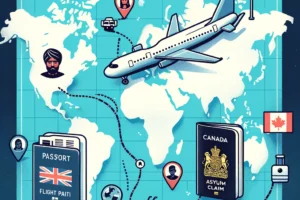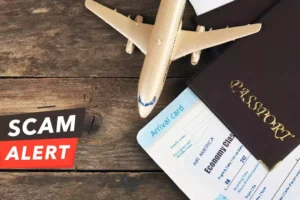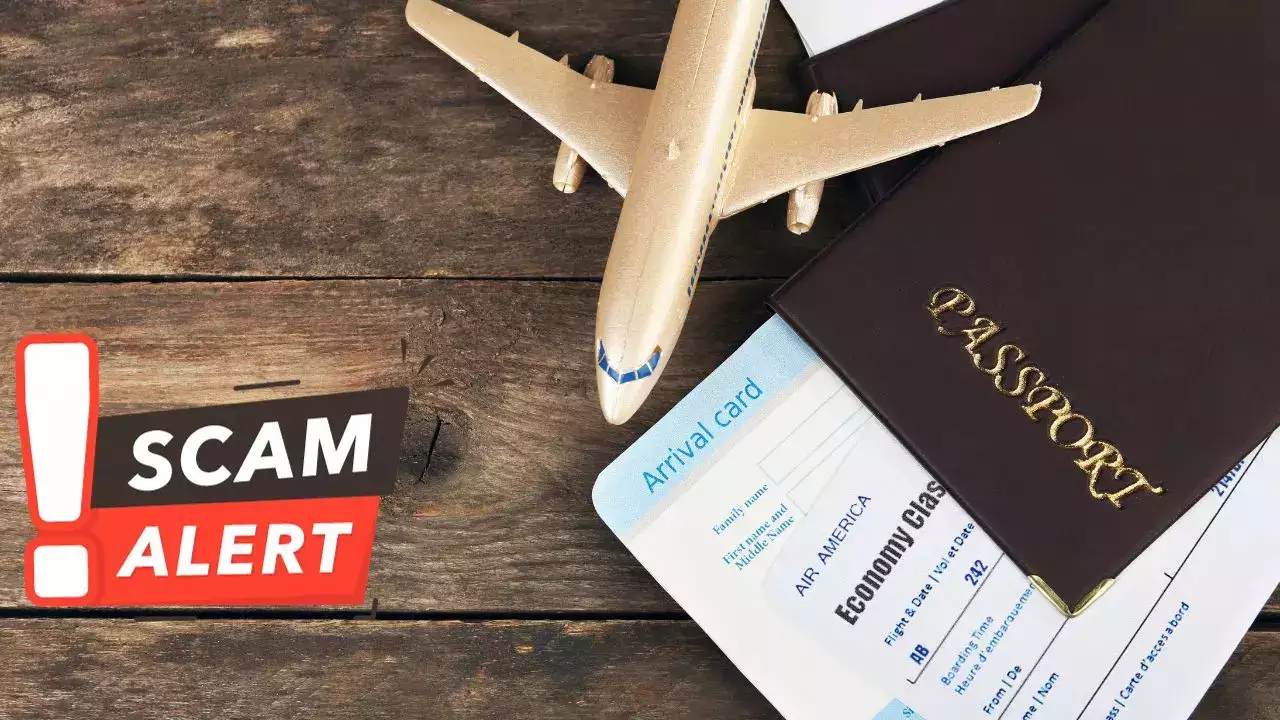If you’ve received a letter in the mail promising two free round-trip airline tickets to anywhere in the continental U.S., you’re not alone — and you may be the target of a scam. The New York State Department of State’s Division of Consumer Protection is alerting residents to be cautious about these enticing offers that sound too good to be true.
The scam usually begins with a letter or flyer that looks like it’s from a major airline, congratulating you on qualifying for a free travel reward. There’s a phone number to call and a limited time to respond, creating a false sense of urgency. But once you call, you’re told that you must first attend a vacation club sales presentation to claim the tickets. Many consumers report that they either never receive the tickets at all or discover that redeeming them involves confusing restrictions and unexpected fees.
Scammers often use these kinds of tricks to pressure people into attending sales pitches or signing up for costly memberships. It all sounds exciting at first — but in the end, most people leave empty-handed and frustrated.
The video highlights:
🔍 How the scam works – from fake booking confirmations to fake customer service numbers.
🛑 Warning signs to look out for before you pay.
💡 Smart tips to protect yourself, including how to verify flight tickets and where to safely book.
Whether you’re planning a trip or helping others travel safely, this video is a must-watch to stay one step ahead of scammers.
📌 Key Takeaway: If the deal looks too good to be true, it probably is. Always double-check the website URL and book directly with the airline or a trusted travel agency.
To avoid getting caught in these schemes, be cautious with any surprise offer that promises something for free, especially if you didn’t sign up for it. If you get a suspicious letter or email, don’t trust the contact details they provide. Instead, reach out to the company directly using a phone number or website you know is real — like one from your recent bill or account.
And if you’ve already shared personal information with a questionable source, take action right away. Let your bank or credit card provider know, and consider placing a fraud alert or even a credit freeze on your accounts to help protect against identity theft.










